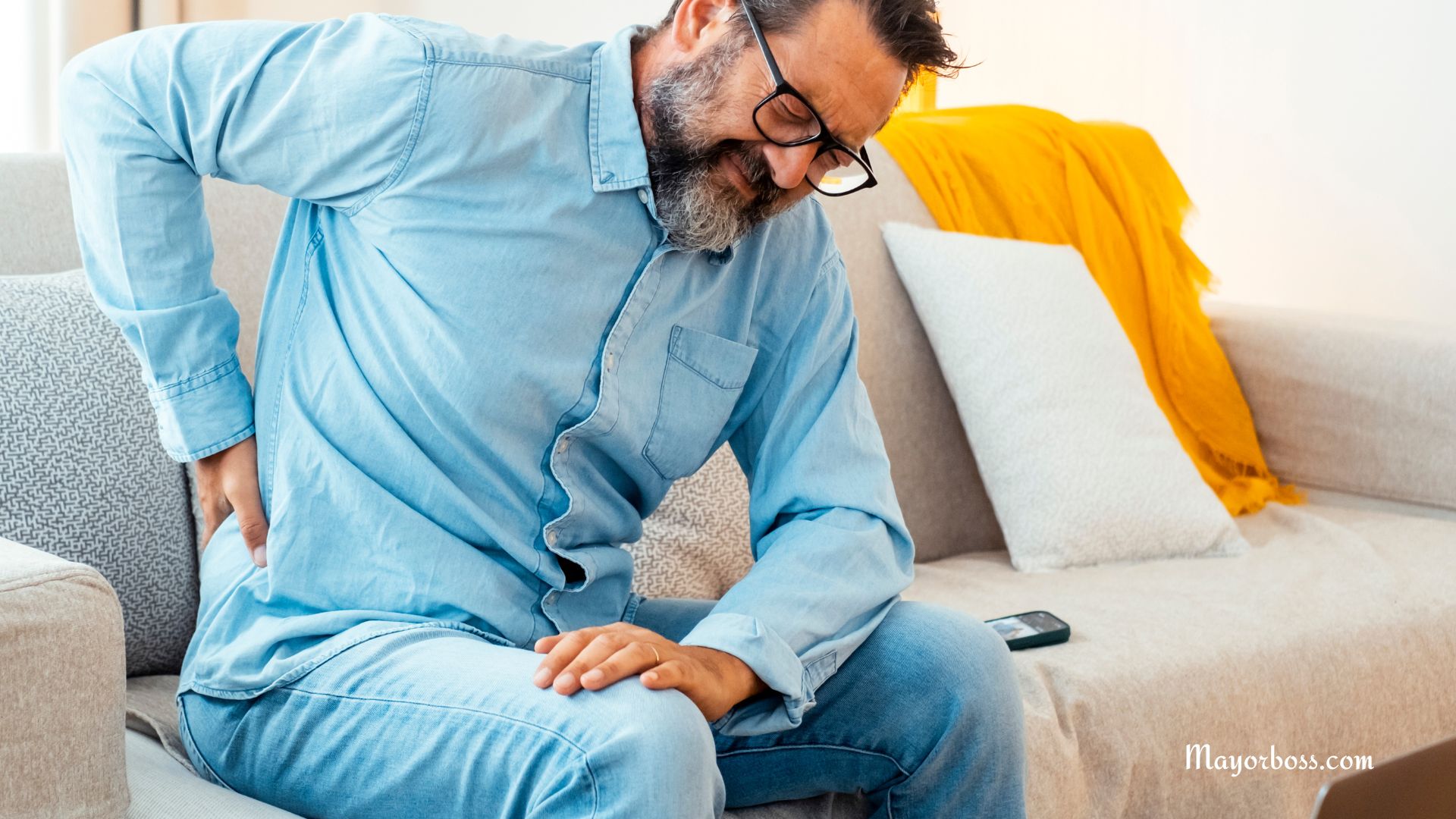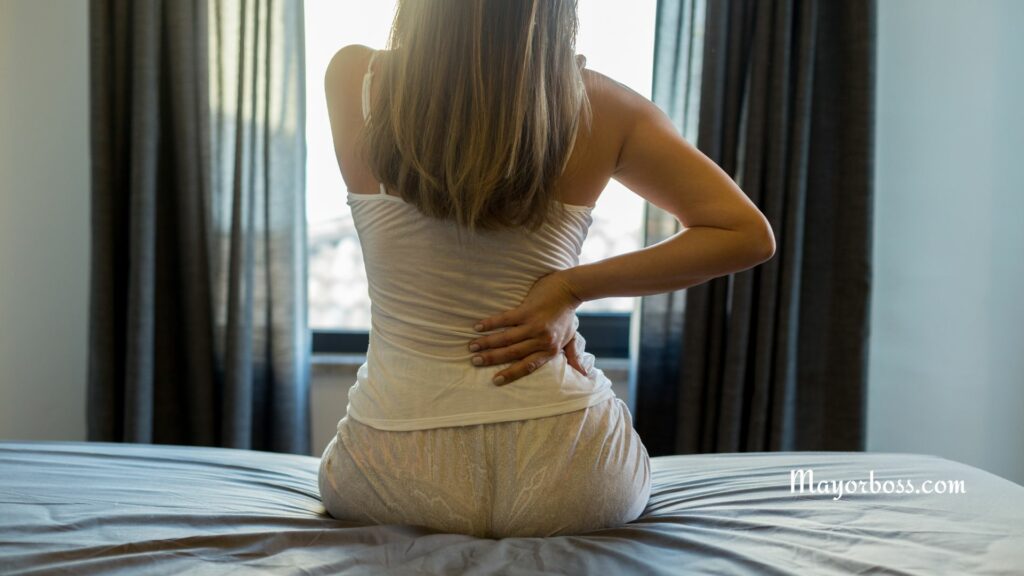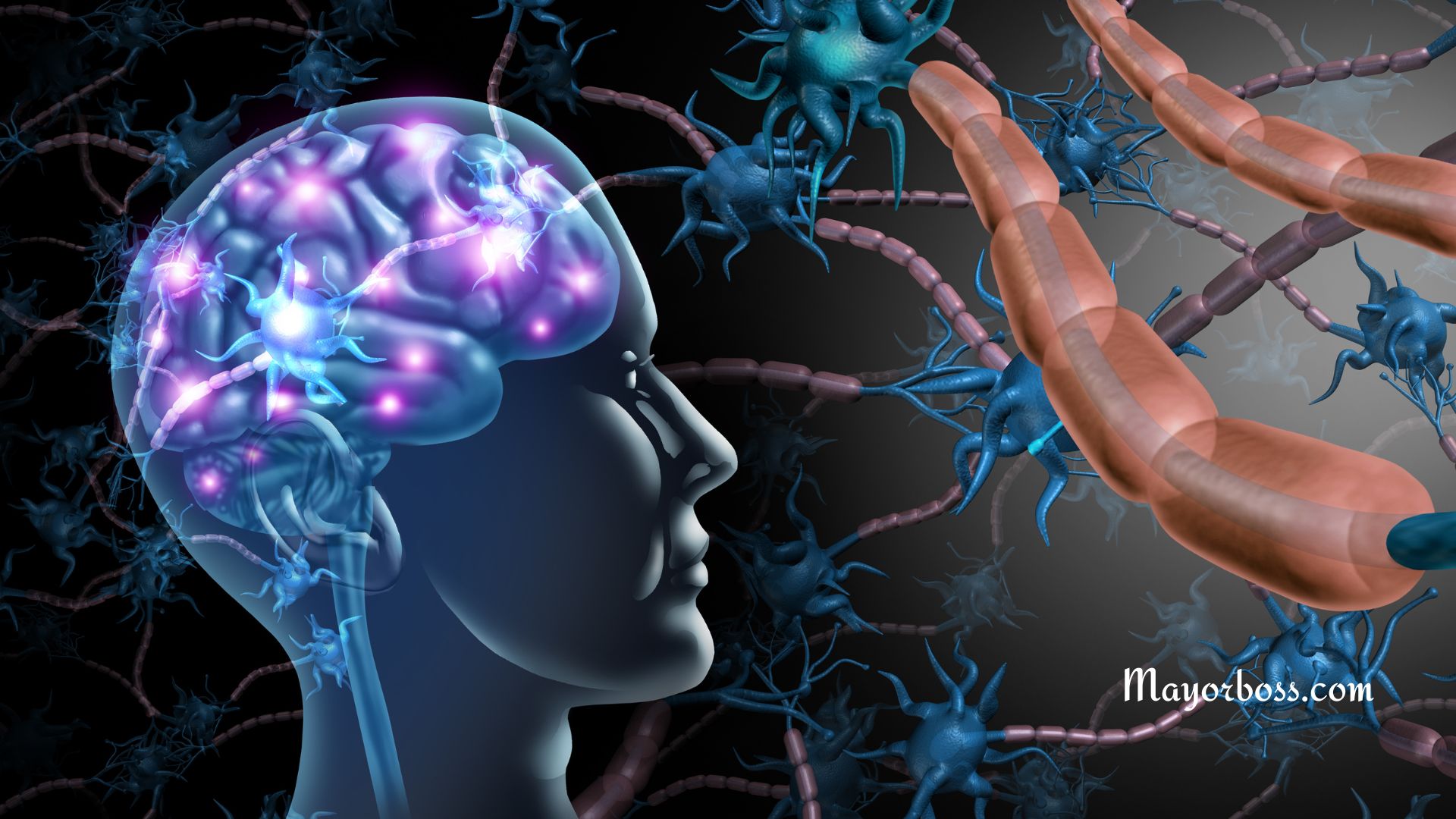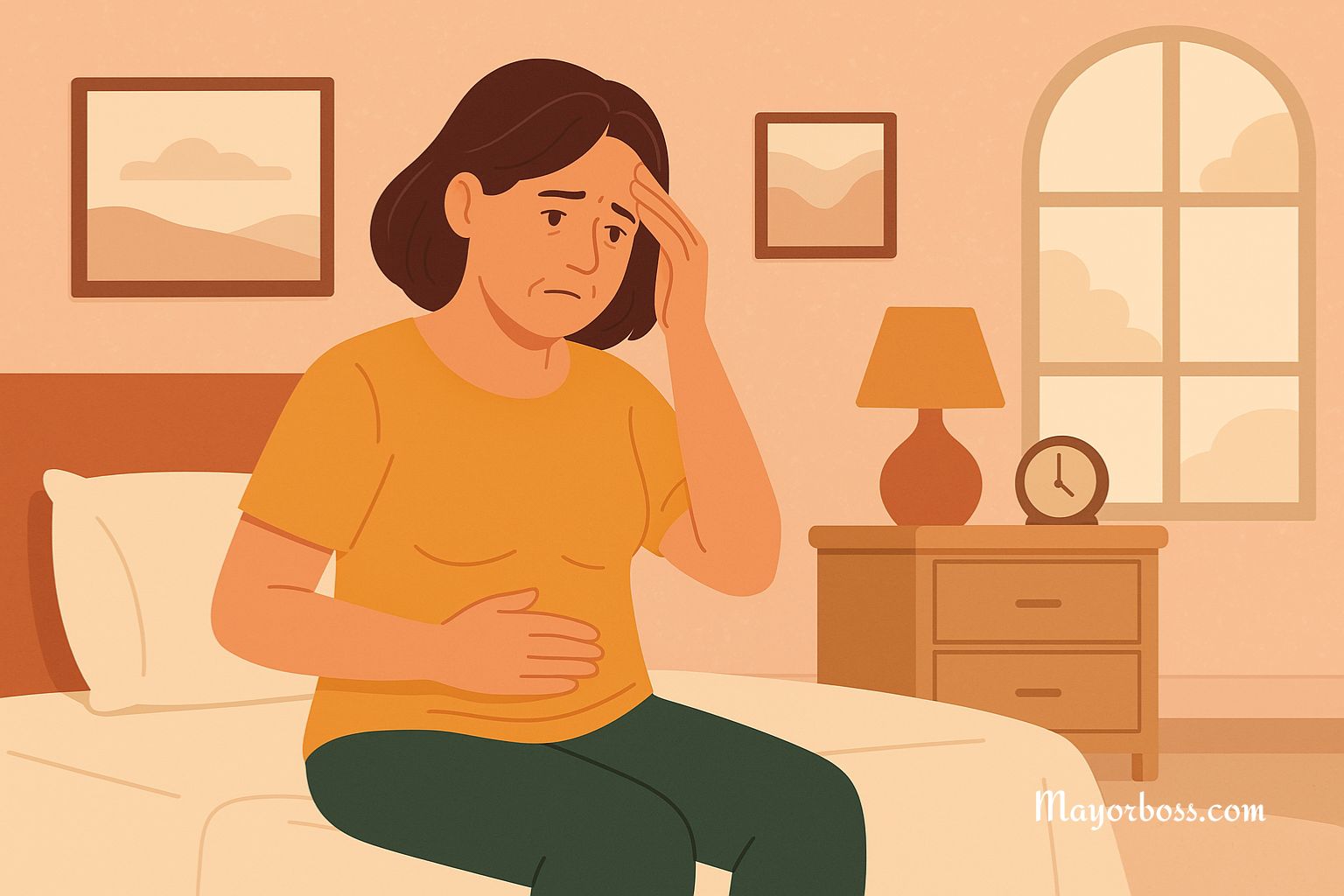Don’t Ignore These 10 Symptoms of Kidney Stones
Kidney stones are small, hard clumps that can form inside your kidneys. They can be as tiny as a grain of sand or as big as a golf ball. These stones form when certain minerals and salts build up in your urine and turn into crystals. Kidney stones can be really painful and cause serious health problems if you don’t treat them. That’s why it’s important to know the warning signs so you can get help before things get worse. Here are 10 symptoms you should never ignore.

You Might Feel Intense Pain in Your Lower Back or Side
One of the most common symptoms of kidney stones is a strong, sharp pain on one side of your back or lower belly. This pain, also called “renal colic,” usually starts suddenly and can come in waves. It happens because the stone is moving through your urinary system, irritating the walls of the kidney or ureter. The pain can also spread down towards your groin, which makes it even more uncomfortable.
The Pain Can Move to Your Lower Belly and Groin
The pain isn’t just in your back—it often moves as the stone travels through your urinary tract. When the stone moves from the kidney into the ureter, it can cause intense pain in your lower belly and groin area. If this pain keeps shifting, it’s a clear sign that you need to get medical help right away.
You Feel a Burning Sensation When You Pee
When a kidney stone moves down into your bladder and urethra, peeing can be very painful. You might feel a burning sensation, similar to a urinary tract infection. This happens because the stone irritates the tissues in the urinary pathway, causing inflammation and pain every time you go to the bathroom.
You Have to Pee Often, but Not Much Comes Out
Kidney stones can make you feel like you need to pee all the time, even if there isn’t much urine. This happens because the stone might be blocking the ureter, making you feel like you need to go. If you’re running to the bathroom every few minutes without much relief, it’s time to talk to your doctor.
Your Pee Might Be Pink, Red, or Brown
A less obvious symptom of kidney stones is bloody urine. If you notice your pee looks pink, red, or brown, it could mean there’s blood in it. Kidney stones can scratch the lining of your urinary tract, which can cause bleeding. Even if you don’t see blood, lab tests might find microscopic blood in your urine, so make sure to get it checked out.
Cloudy or Smelly Pee Could Be a Sign
Kidney stones can make it easier to get a urinary tract infection (UTI), which makes your pee cloudy or gives it a bad smell. This happens because the stones can block the flow of urine, therefore allowing bacteria to grow and cause an infection. This usually means bacteria are present in your urinary system. If your pee smells strong or foul, you should see a doctor.
You Feel Nauseous or Throw Up
Kidney stones can make you feel sick to your stomach or even cause you to throw up because of the severe pain. This happens because the intense pain can affect the stomach and make you feel nauseous. A blocked urinary tract can also cause problems with kidney function, which might make nausea even worse.
Fever and Chills
A fever is a sign that something is wrong in your body. If you have a fever along with other symptoms, like pain or nausea, it might mean you have a kidney infection. This can be very dangerous if not treated right away. Chills usually come with a fever, which means it’s time to see a doctor before the infection gets worse or spreads.
You Have Trouble Peeing
If you’re having a hard time peeing or only passing small amounts, it could mean that the kidney stone is blocking your ureter. This blockage can reduce how much urine you can pass, which can be frustrating and uncomfortable. It’s important to get help quickly because a full blockage can damage your kidneys.
You Feel Restless and Can’t Get Comfortable
Kidney stone pain can be so intense that you have trouble sitting still or finding a comfortable position. People with kidney stones often feel restless and keep moving around to try to ease the pain. If this sounds familiar, it could be a warning sign of kidney stones.

What Should You Do If You Have These Symptoms?
If you notice any of these symptoms, it’s really important to see a doctor. Kidney stones can be diagnosed using imaging tests like an ultrasound or CT scan, which show where the stone is and how big it is.
Treatment depends on the size and location of the stone. Some stones pass on their own, but larger ones might need medical treatment like shock wave therapy, medicine, or even surgery.
How to Lower Your Risk of Kidney Stones
You can prevent kidney stones by drinking plenty of water and making some changes to your diet. Drinking lots of water helps flush out the minerals that form stones. Doctors also say you should cut back on salt and animal proteins, as they can increase the risk of getting stones. If you’ve had kidney stones before, your doctor may suggest other diet changes or medicines to help prevent new stones from forming.






